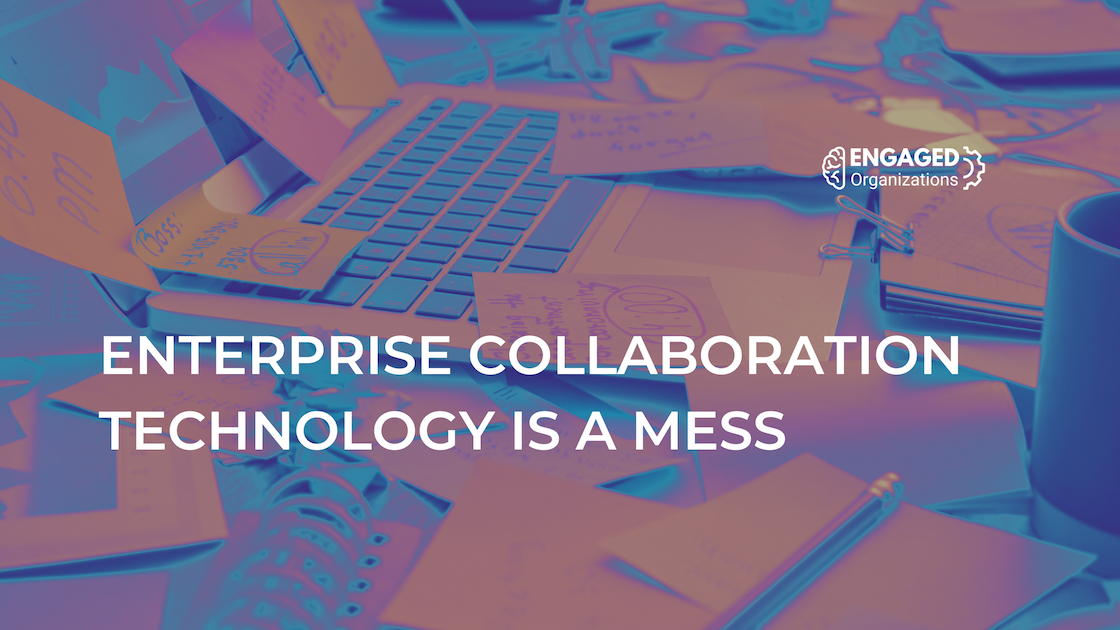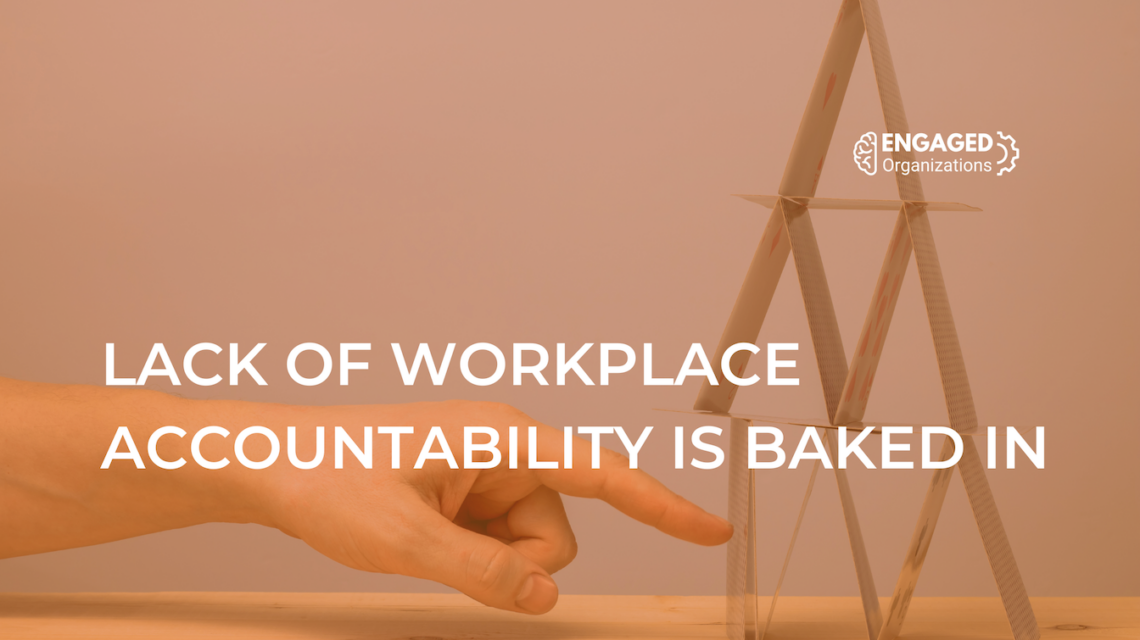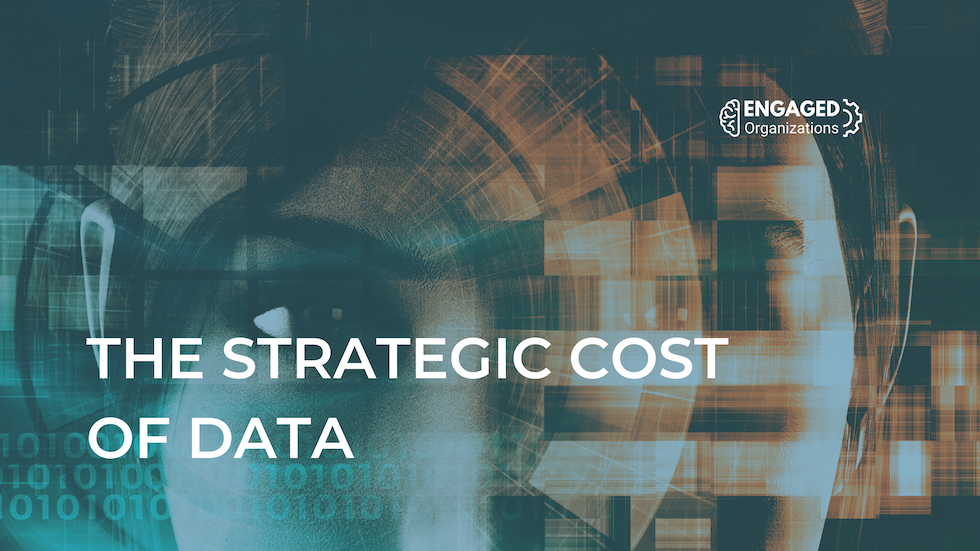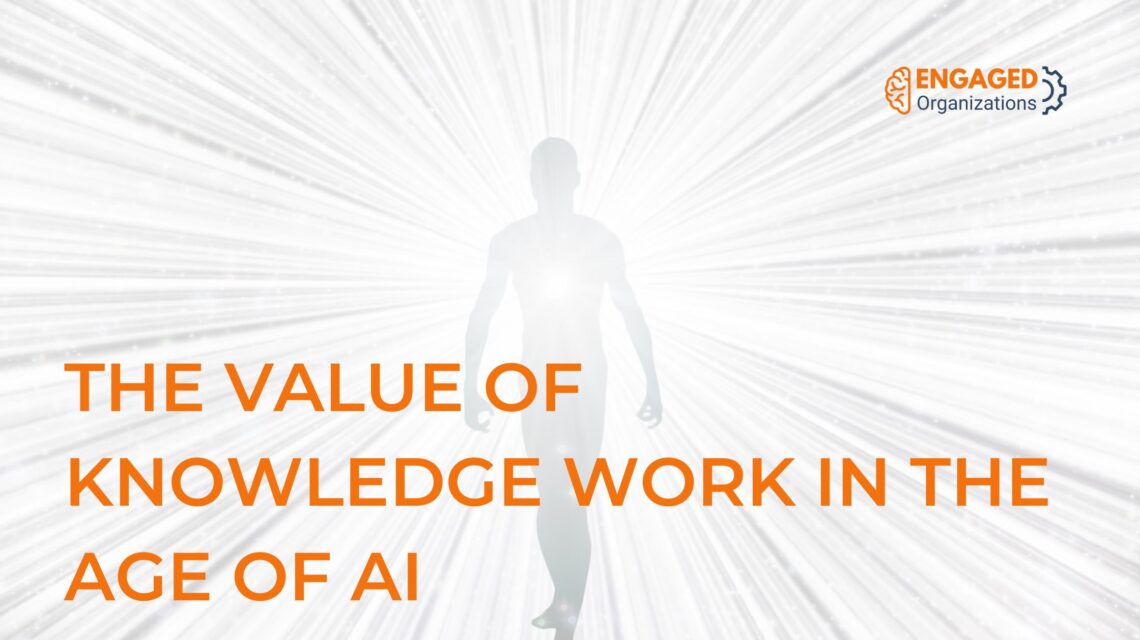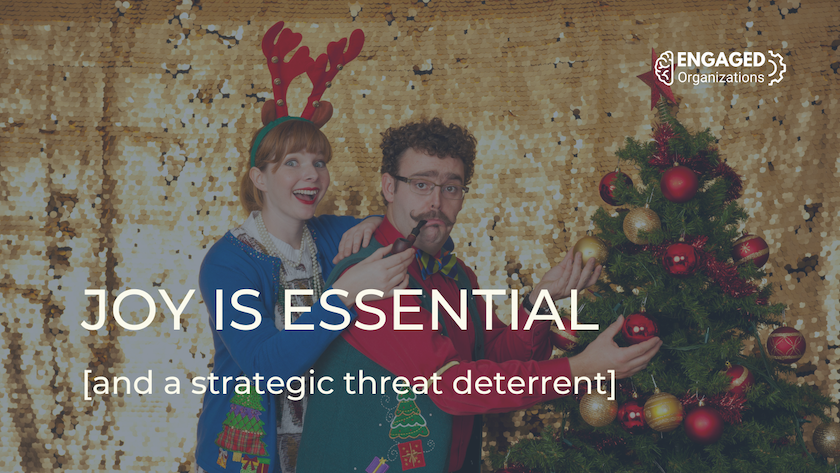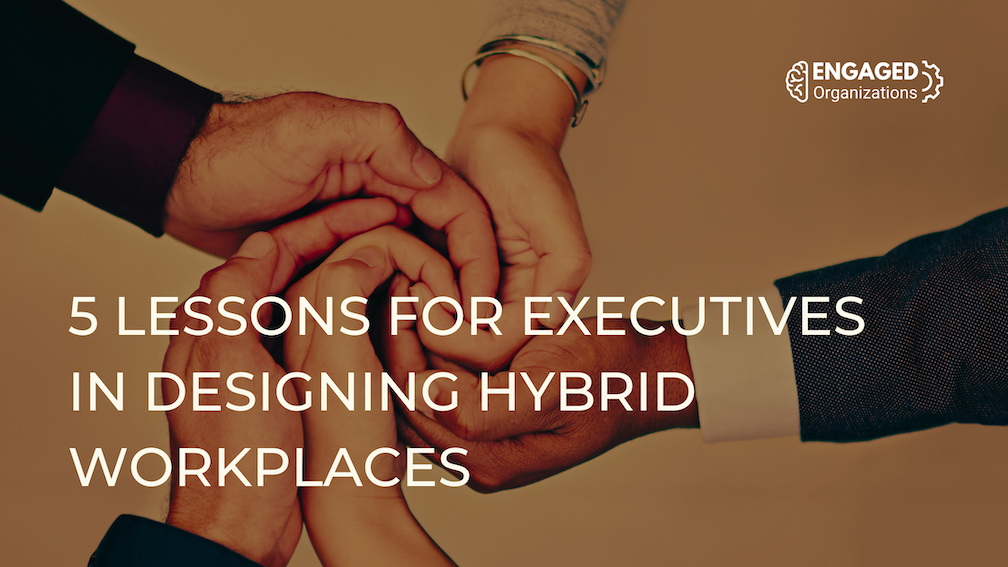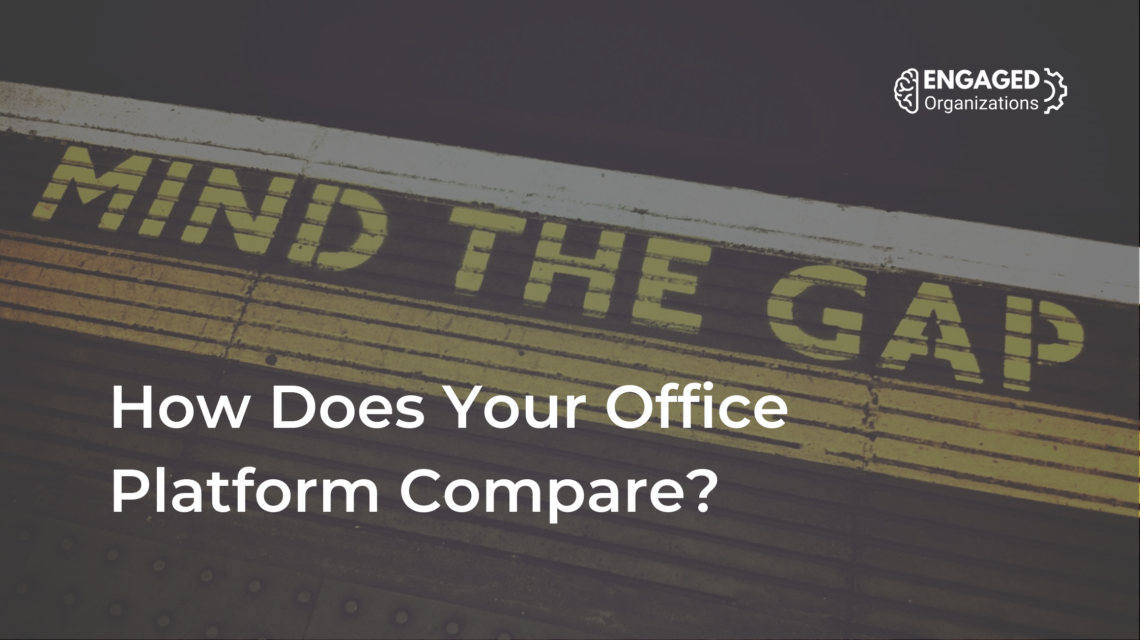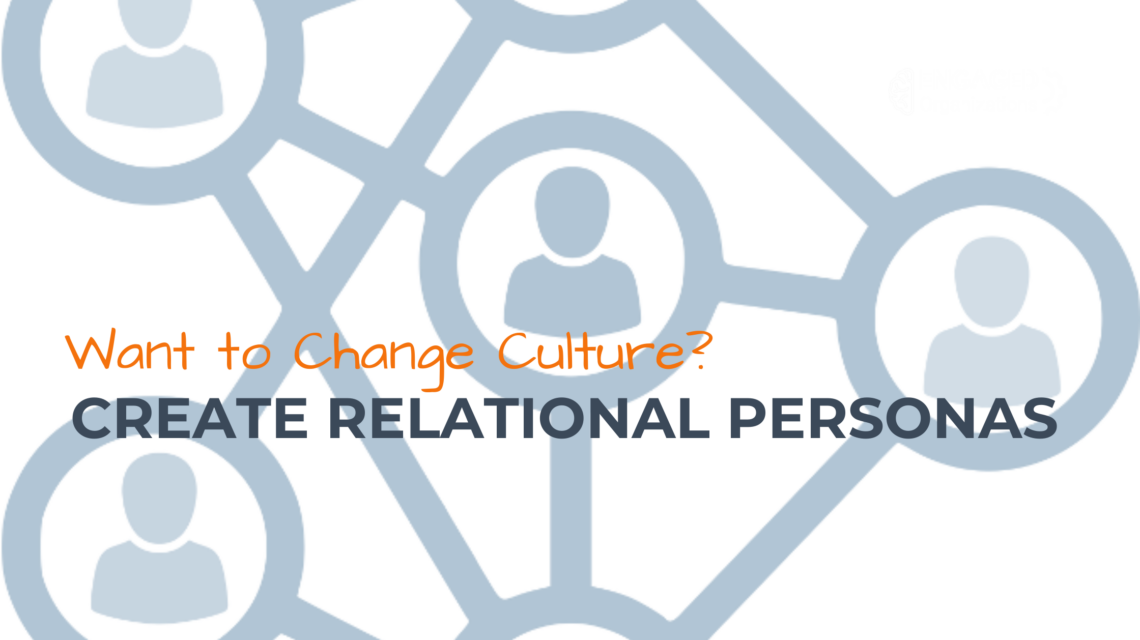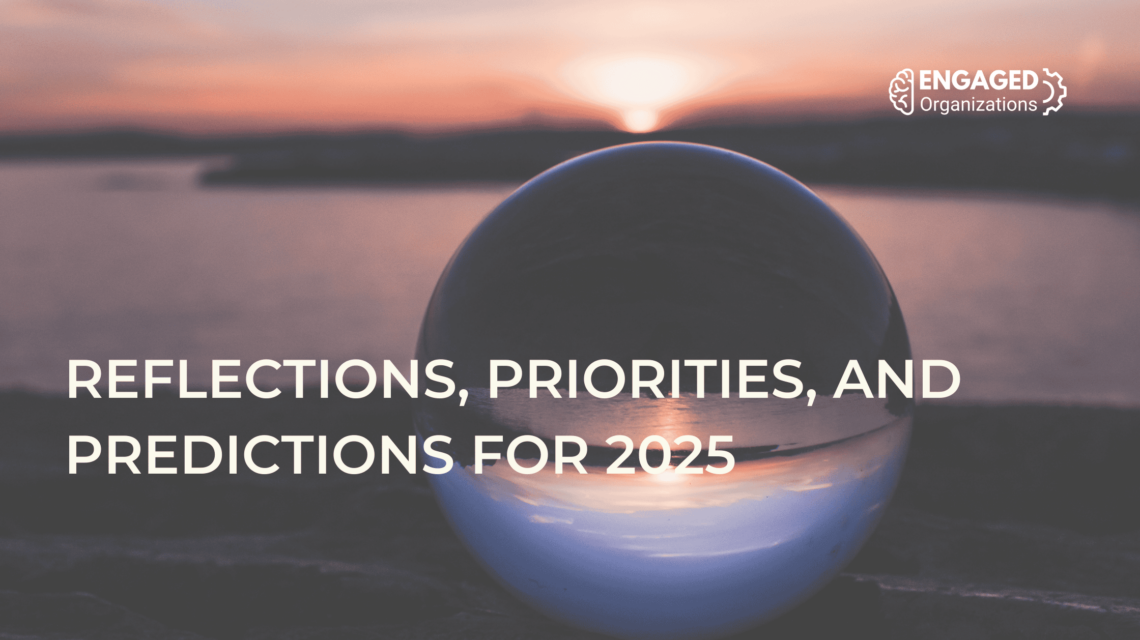
For those of us who believe in connection, conversation, and collaboration, 2024 was both joyful and heartbreaking. There were tantalizing signs that people would come together and create new, joyful possibilities and too many indications that the mechanistic, controlling, and hierarchical orientation is still limiting what is possible. At the heart of it all is
read more

